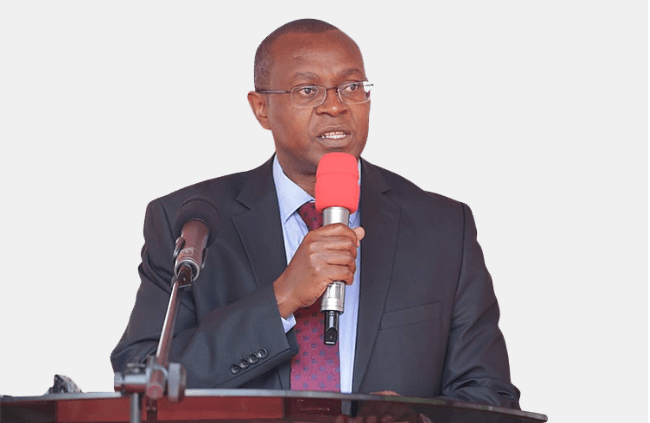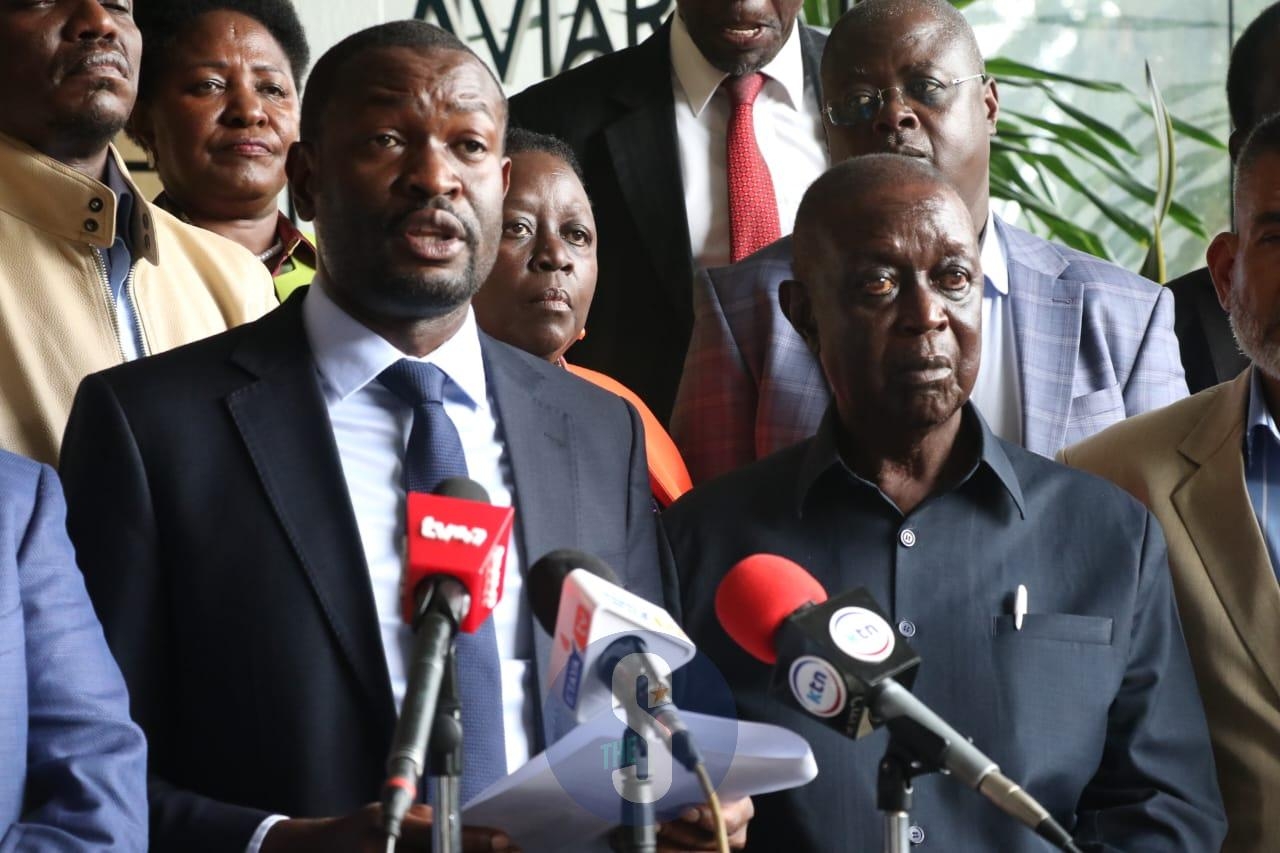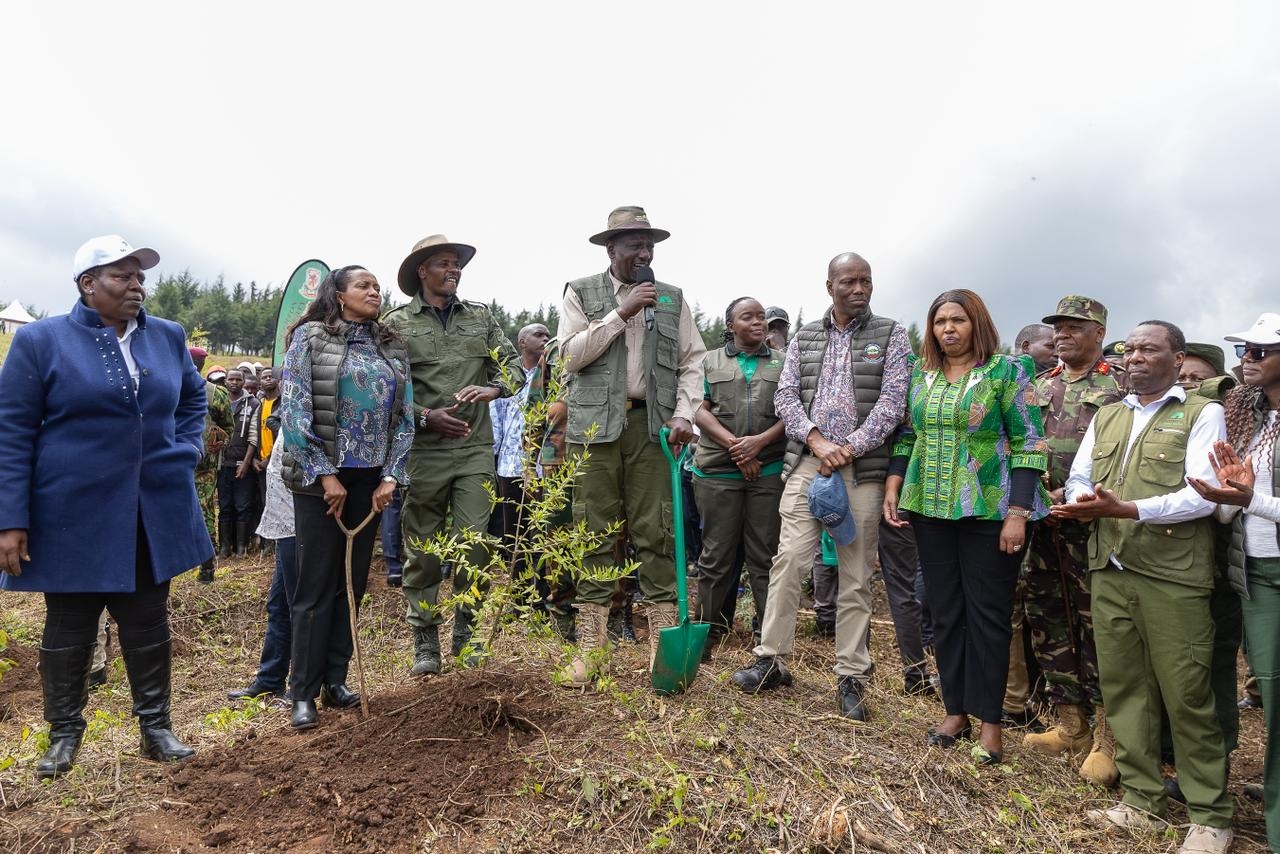Researchers have confirmed there is no evidence that children receiving the malaria vaccine RTS,S are at an increased risk of meningitis or cerebral malaria.
The vaccine is currently available for children in 51 malaria-endemic subcounties in Kenya.
The findings, published recently, offer reassurance about the safety of the vaccine and underscore its potential to significantly reduce severe malaria cases.
The RTSS/ AS01E was introduced in eight counties in western Kenya in September 2019 before expansion to more areas last year.
Concerns about the vaccine’s safety came from the phase 3 trial where researchers found an eight times higher rate of meningitis, a higher chance of cerebral malaria, and a doubling of deaths from all causes in girls who had received the vaccine and not the placebo.
To address these concerns and evaluate the feasibility and impact of RTS,S, the World Health Organization and partners launched a pilot evaluation of the vaccine roll-out in Malawi, Ghana, and Kenya.
They have now evaluated records of more than 650,000 children who received at least one dose of RTS,S, between 2019 and April 30, 2021, in the three countries that piloted the vaccine.
“We aimed to address questions about feasibility and impact, and to assess safety signals that had been observed in the phase 3 trial,” researchers said in a report published on April 4 in the Lancet.
They concluded: “We found no evidence that introduction of RTS,S was associated with an increase in cases of meningitis, cerebral malaria, or deaths in girls—safety signals that had been observed in the phase 3 trial. Our evaluation was powered to detect these signals if they had occurred during the pilot implementation.”
The team includes researchers from the Kenya Medical Research Institute and its affiliates in Kenya.
Their report is titled, “Feasibility, safety, and impact of the RTS,S/AS01E malaria vaccine when implemented through national immunisation programmes: evaluation of cluster-randomised introduction of the vaccine in Ghana, Kenya, and Malawi.”
The study also found that the introduction of RTS,S was associated with significant reductions in hospital admissions due to severe malaria, researchers said.
“Among the cohorts of children who could have received three doses of the vaccine, there was a reduction in hospital admissions with severe malaria by 32 per cent. Total hospital admissions of any cause were nine per cent lower in implementation areas than in comparison areas, and deaths of all causes (excluding those due to injury) were also nine per cent lower,” the authors said.
They said they will continue to assess the uptake and impact of the full, four-dose schedule of RTS,S, including the impact on mortality over 46 months since the first introduction in each country.
Nearly all phases of the vaccine trials, since 2009, found that RTS,S/AS01E had a satisfactory safety profile.
Only the phase 3 trial had indicated the safety concerns.
The latest results have significant implications for malaria control efforts in Kenya.
This is the first study to evaluate a malaria vaccine when introduced as part of national immunisation programmes.
With the WHO having recommended widespread use of RTS,S, it holds promise as a valuable tool in the fight against malaria.
Malaria kills about 10,000 Kenyans every year, mostly children, according to the Ministry of Health.
GAVI, The Vaccine Alliance, has added malaria vaccination to its portfolio and started shipments to more countries this year.
However, supplies of the RTS,S/AS01E vaccine are projected to fall far short of the number of doses needed.
“The evidence from our study and those of others show that efforts to increase malaria vaccine supply and widen its introduction should be accelerated as a matter of urgency,” the authors said.
Health authorities in Kenya, Ghana and Malawi authorised the use of the vaccine in pilot areas in 2018, and did a phased introduction of the vaccine in pilot areas in April (Ghana and Malawi) and September (Kenya), 2019.
Researchers from Kenyan who contributed to the current study are Samuel Akech, Robert Snow, and Philip Bejon from Kemri-Wellcome Trust Research Programme; Titus Kwambai from the Centers for Disease Control and Prevention, Kisumu; Simon Kariuki of the Centre for Global Health Research, Kemri, Kisumu; Patricia Njuguna of Global Malaria Programme; Lucas Otieno of Kemri-US Army Medical Research Directorate-Africa; and several collaborators from the Malaria Vaccine Programme Evaluation Partners.












